Dutton skewered on political horns of voice dilemma
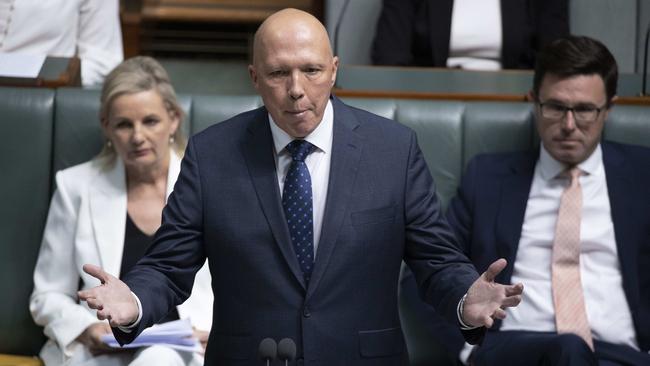
It is Opposition Leader Peter Dutton. Depending on whether he supports or opposes the voice referendum, he can ensure either a relatively civil debate or the red ruin of rancorous partisan contention. The current polls show just how important is Dutton’s support. With the projected Yes vote hovering uncertainly around 50 per cent, Dutton could be the kingmaker in this referendum.
Labor has an impressive capacity to denigrate conservative leaders. If you believe it, every centre-right leader in history has been a psychopathic Collingwood supporter. Labor casts Dutton as a dim, narrow-minded policeman who likes interning refugees.
This is mere caricature, and misleading in calculating a course for the voice. The real Dutton is modest, considered, thoughtful and listening. If Scott Morrison was a saccharine Scotty from Marketing, Dutton is the serious Pete from Projects.
His challenge with the voice is complex, made up both of external and party politics, with a good dollop of public ethics and morality mixed in. It is not an enviable position.
Labor is not helping. It constantly calls for bipartisan support, but offers Dutton no actual architecture he can support or reject. At times, it seems Labor is taunting Dutton into a bitter, partisan referendum.
Some cynics even wonder whether it wants to win or not.
In fact, it is desperately important for the voice that Labor shows Dutton something he can consider. Calls to be on the right side of history are meaningless if there is no projected history on offer. So Dutton deserves some praise for resisting the urge towards reflexive opposition. Keeping his cool in the face of considerable provocation says more about him than a past in the Queensland police.
His challenges in public politics are considerable. If he throws in his lot in with Labor, but it offers no genuine partnership, he risks being a flower-thrower at its triumph. But if he resists, and a Labor-led Yes case gets up, he will be the epic loser who conceded an era-defining victory. Dutton’s political career would survive neither eventuality.
Then, as ever, there are the teals in their privileged former Liberal strongholds. If Dutton does dynamite the voice, this would be a perfect issue for the wealthy woke. All of which demonstrates that Dutton does not have a simple, safe option of rejecting the voice. Rejection comes with its own electoral scorpions.
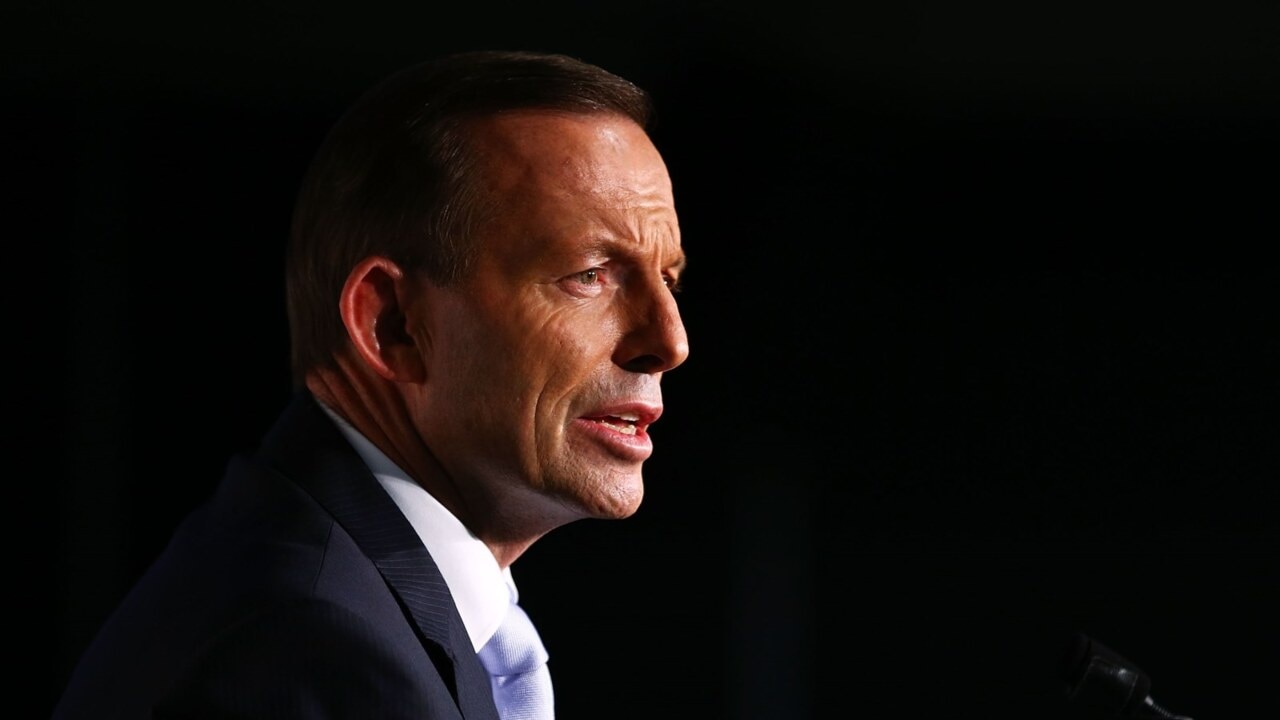
The internal party politics is just as confronting. Clearly, most of the joint party room does not favour the voice. But there is a real division between those who do not much like it, and those who see it as Satanic.
The Satanists would break with Dutton on the issue. If he supports the voice, they would make his short political life a misery. Problematically, these anti-voice enthusiasts are particularly concentrated in the vital states of Queensland and Western Australia. Not only would they go for Dutton, but they might also knock those states out of a Yes result.
Of course, the Nationals already have helpfully repudiated the voice. Plus, the ragtag No case is coagulating around prominent Coalition figures such as Tony Abbott and Jacinta Price.
None of this even takes into account the Coalition members who conscientiously support the voice. Challengingly for Dutton, this is where public morality and ethics collide with raw politics. For him, it is a defining issue.
Realistically, Dutton faces a fundamental choice. He can flay these conscientious supporters with a party whip, daring them to vote for the voice. Or he can acknowledge their genuinely held position, and allow them a conscience vote. If he enforces a unity ticket, he potentially looks strong and decisive. But there is nothing potent in watching your troops cross the floor, and shadow ministers resign their positions.
Much more widely, this is the moment of truth for the Liberal Party. It has always prided itself on letting its members cross the floor, particularly on moral and ethical issues. Here, we typically think of questions such as abortion and euthanasia. But the voice also is a profoundly moral issue to those conservative members of parliament who support it.
Typically, they get to a position of support by a profound questioning of their conscience on the issue of justice for Australia’s Indigenous people. This does not mean opponents are any less moral, but it would mean that applying a party whip to voice supporters would be making members act against their consciences.
In the whirling mess of voice politics, this surely is a rock upon which someone like Dutton would stand. As a matter of adamantine principle, Liberals do not coerce conscience.
Greg Craven is a constitutional lawyer and a former vice-chancellor of the Australian Catholic University.

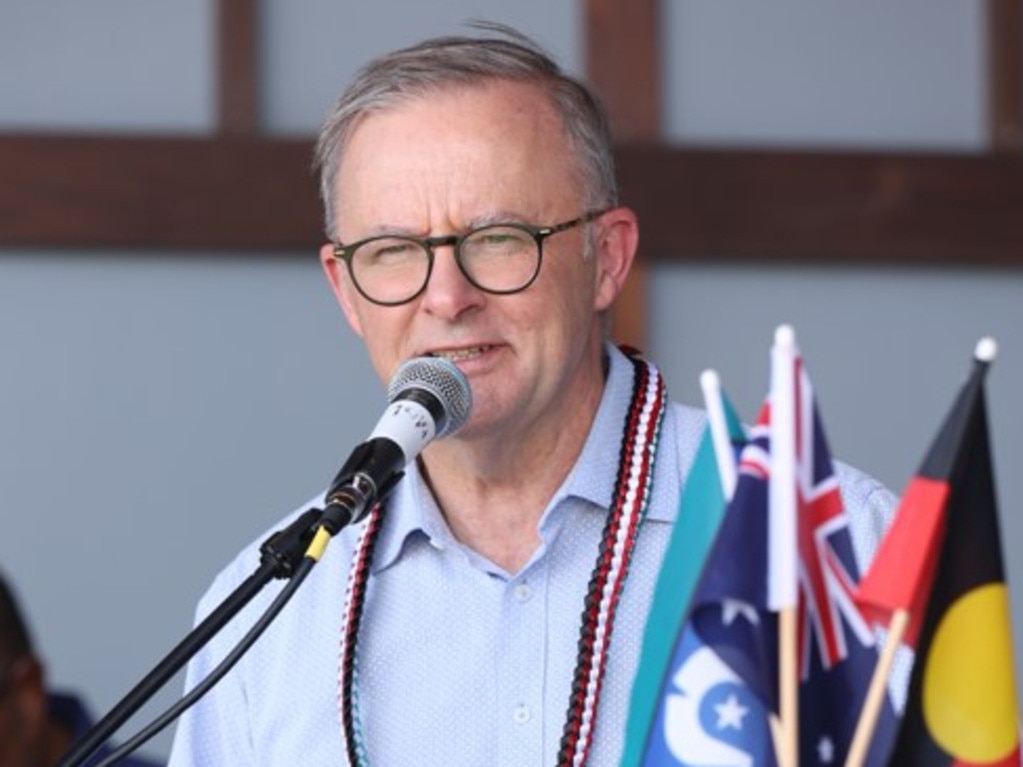
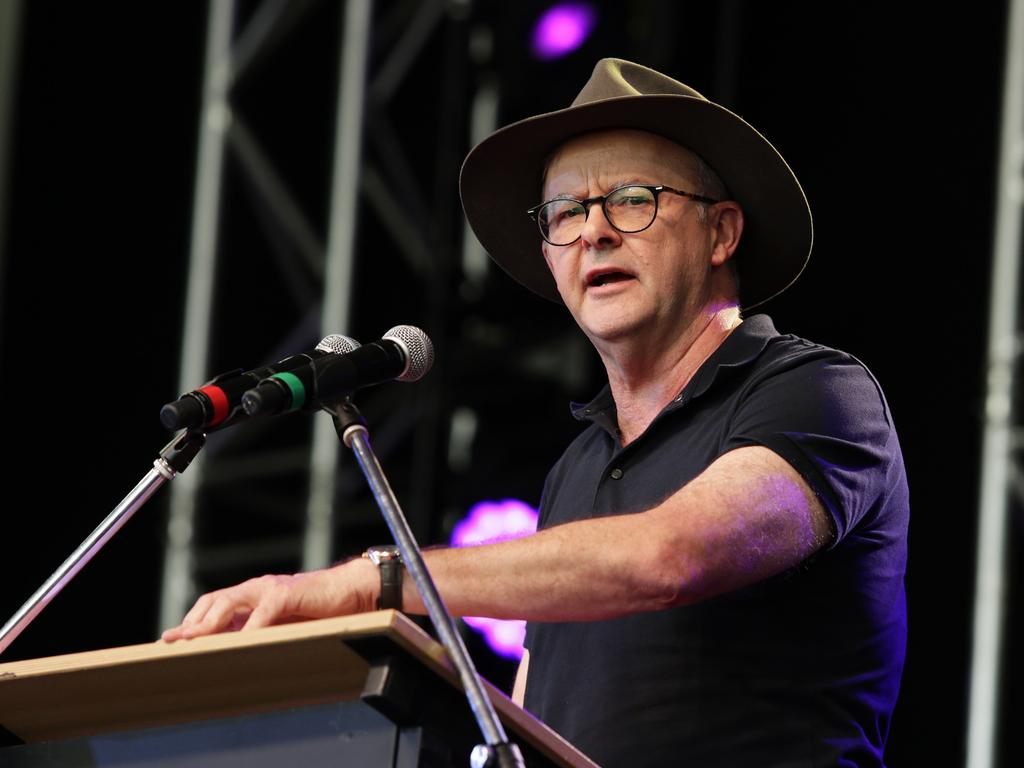
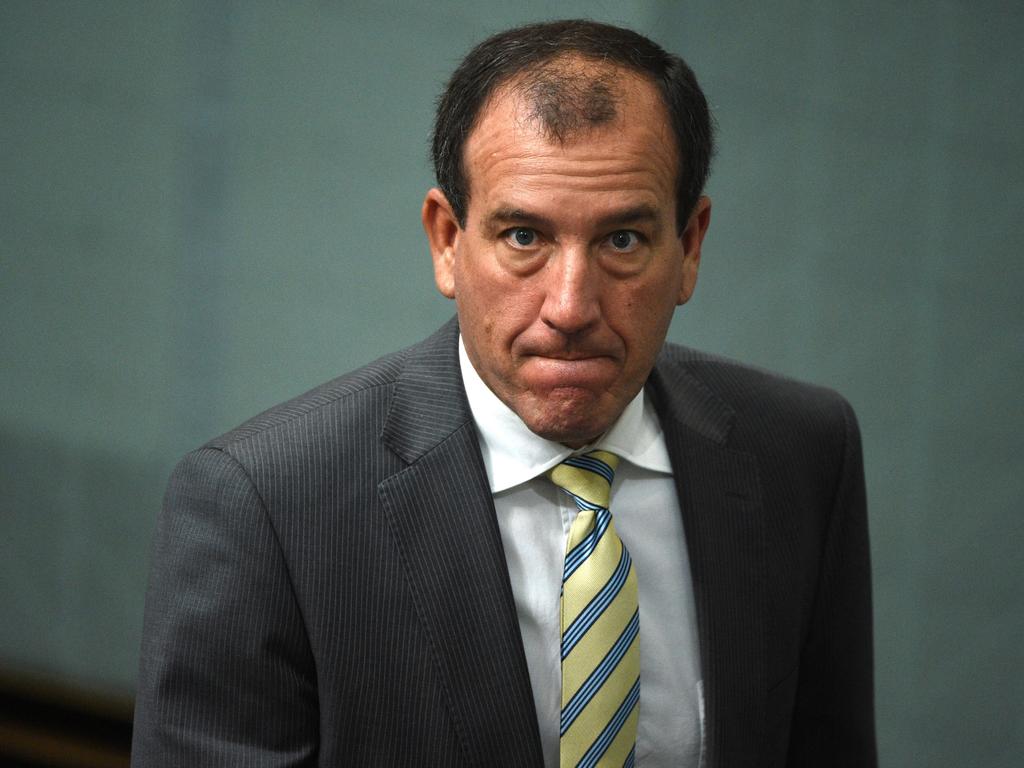
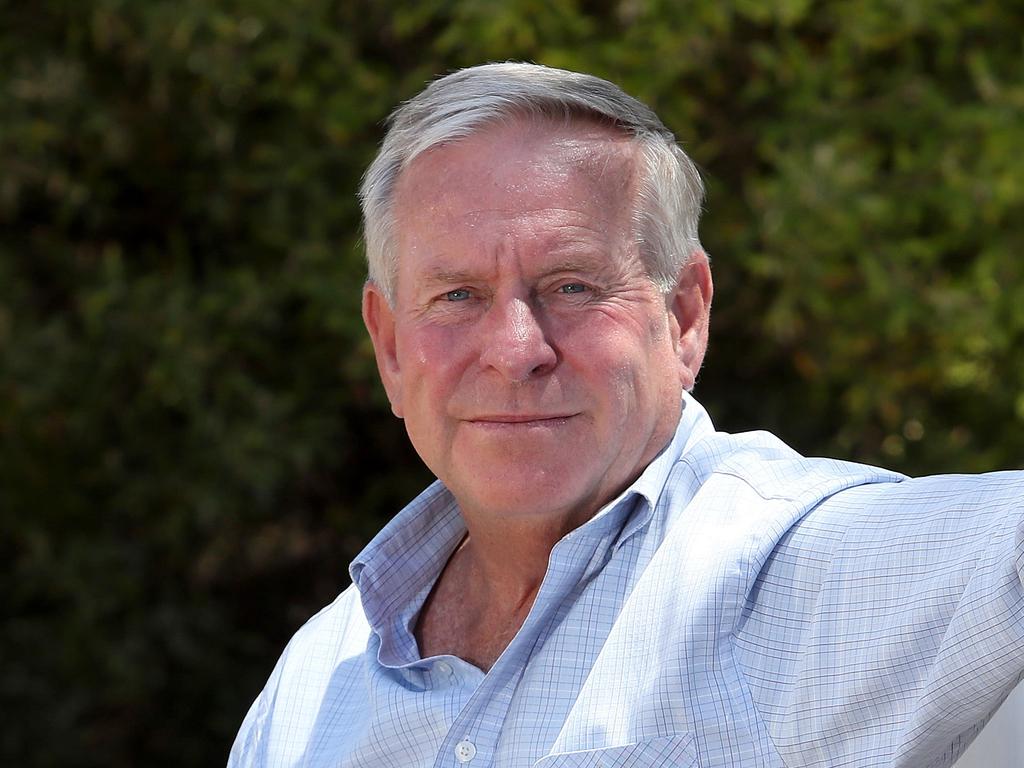


Oddly, the most important person just now in the debate over an Indigenous voice is not Prime Minister Anthony Albanese, Minister for Indigenous Australians Linda Burney, or any Indigenous leader.